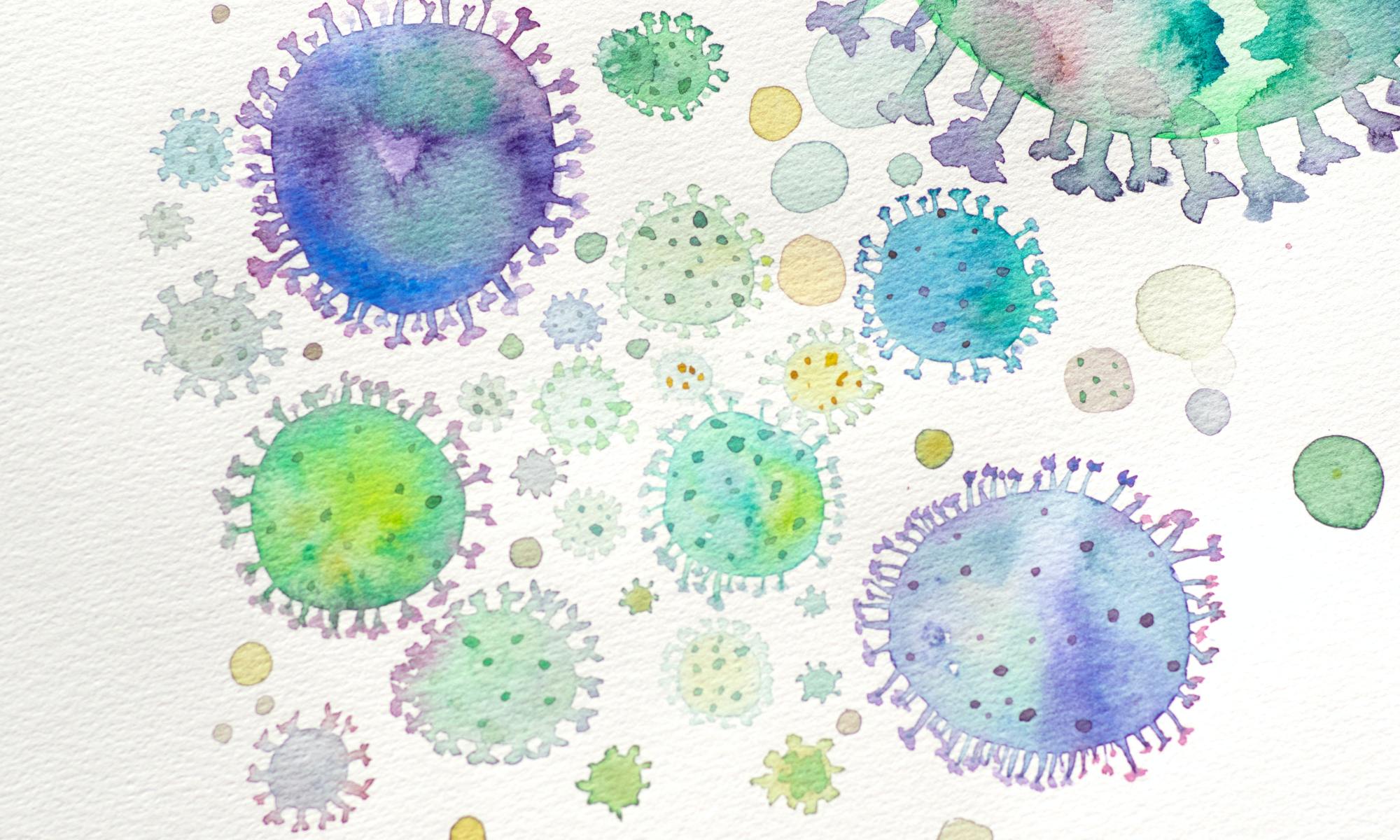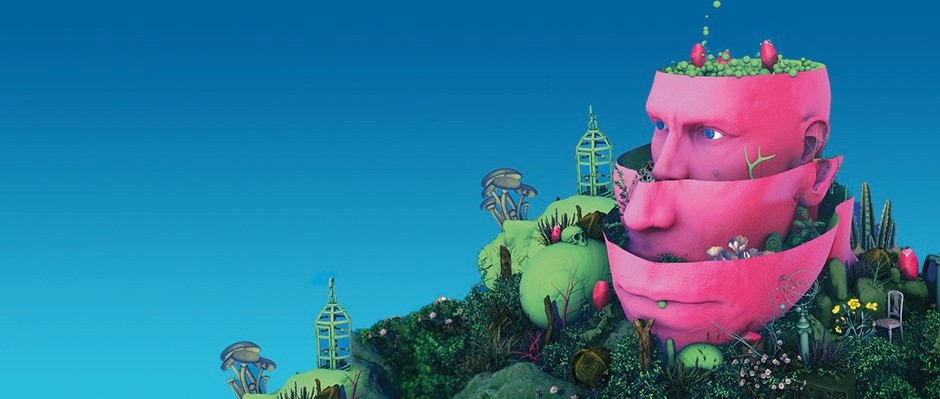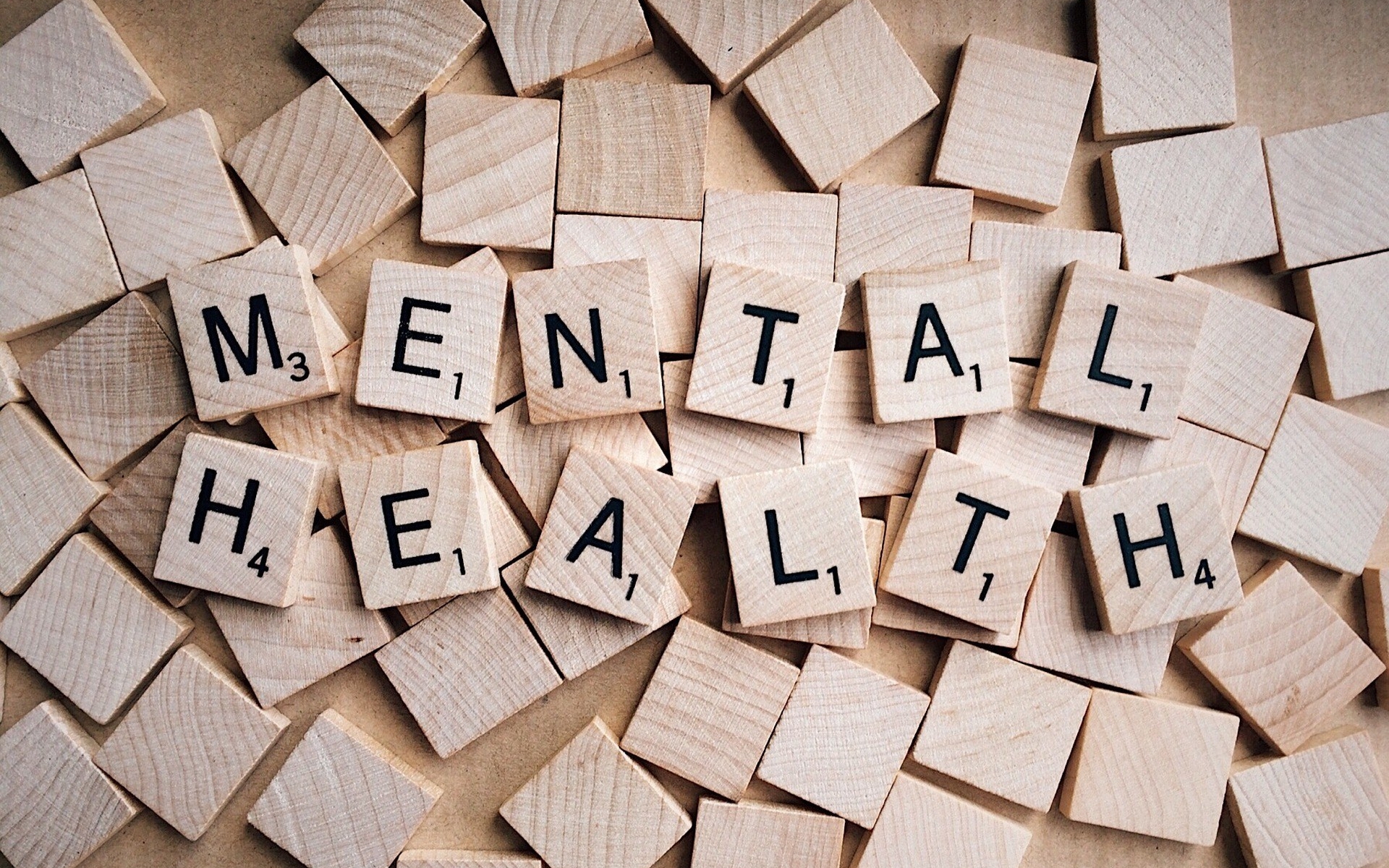In this post, our centre member William H. Morgan, who has recently finished his PhD entitled "Individuals in Metaphysics and the Philosophy of Biology", talks about organisms, what they are, how to count them, and why it matters. You can read more on this topic in his recent paper Are Organisms Substances or Processes, published …
Continue reading "How to count organisms, and why it matters – a blog post by William H. Morgan"







